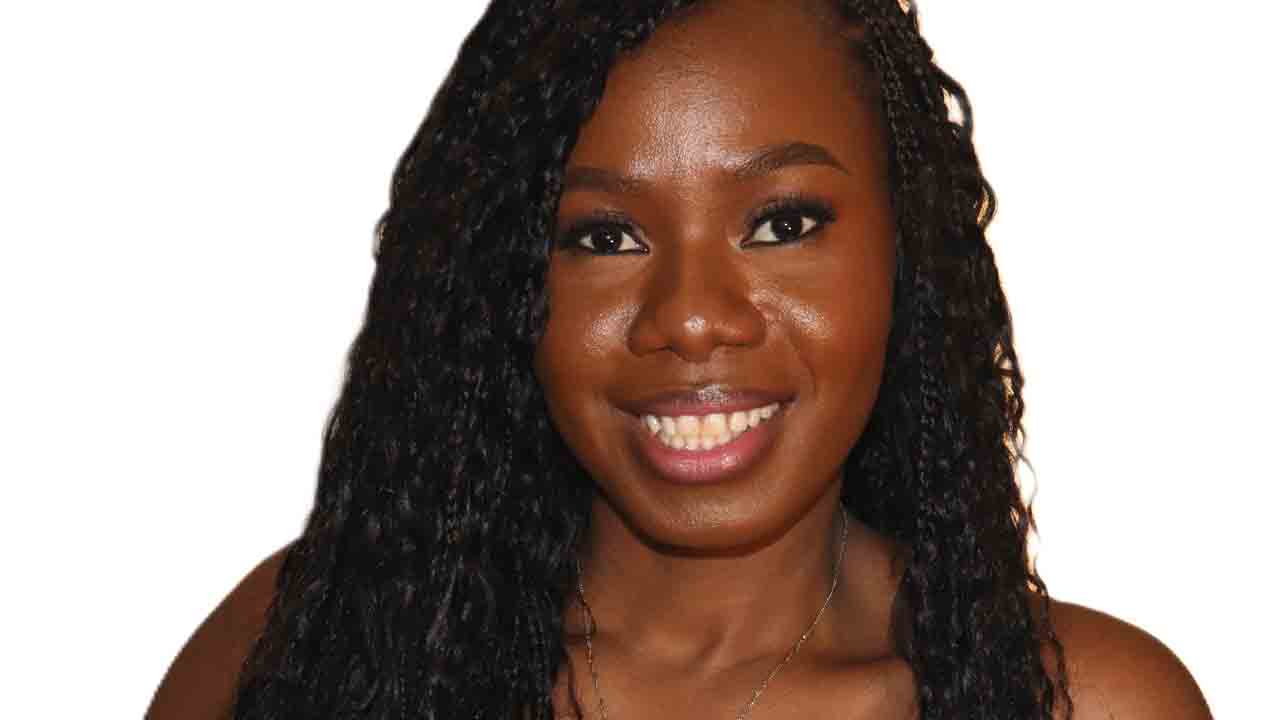The Nigerian fashion industry is booming, with projections showing strong and consistent growth. In 2023, the fashion market in Nigeria was valued at an estimated $1.31 billion, and it’s expected to grow to approximately $1.92 billion by 2027. One of the fastest-growing segments within the industry is fashion e-commerce, which is projected to reach $544.3 million by 2025, accounting for 18.6% of Nigeria’s total e-commerce market. This sector is anticipated to grow at a compound annual growth rate (CAGR) of 8.4%, reaching about $752.9 million by 2029.
Amid this explosive growth, legal structures that protect fashion entrepreneurs, designers, and creatives are more crucial than ever. At the forefront of this legal revolution is Bernice Asein, a Nigerian lawyer who has carved a unique niche in fashion law.
From Fashion Designer to Fashion Lawyer
In an exclusive interview with Just4WomenAfrica, Bernice shared the journey that inspired her to specialize in this rare but increasingly relevant area of law.
“I started off making clothes while I was in university,” she explained. “I kept on designing for my friends. After law school, I realized that fashion was a huge ecosystem driven by creatives, and I wanted to bring something valuable to the table—fashion law was it.”
Armed with a Master’s degree in Law from Babcock University, Bernice combines deep legal knowledge with firsthand fashion industry experience. This background has positioned her to be a pioneer in advocating for the intersection of fashion and legal protection in Nigeria.
Overcoming Challenges in a Misunderstood Field
Bernice admitted that one of the biggest challenges she faced was educating people about the importance of law in fashion.
“Many people in the industry don’t fully appreciate the legal side. I understand—society hasn’t really emphasized it. But if the industry is to succeed long-term, the law must be part of the conversation,” she said.
She highlighted the misconception that fashion doesn’t require legal protection, particularly regarding intellectual property (IP) and exclusive design rights. One striking experience was when she tried to license a fashion law institute.
“It was difficult to convince authorities that fashion and law can exist in the same sentence. After a long dialogue, we finally got the license,” she recounted.
The Power of Intellectual Property in Fashion
According to Bernice, Intellectual Property (IP) law is the backbone of fashion innovation. It ensures designers and creatives are rewarded for their hard work.
“Designing takes a lot—research, money, creativity. When someone puts in all that effort and creates something people love, they deserve to be compensated,” she said.
She warned that without proper IP protection, counterfeiting becomes rampant, depriving creators of their earnings and stunting growth across the entire industry.
Legal Support for Fashion in Nigeria: Progress and Gaps
Bernice acknowledged that Nigeria has laws in place to protect creatives—including copyright, design patents, and trademarks—and even has a court for IP infringement cases.
However, she pointed out a few systemic challenges:
- Federal High Courts handle IP cases, but delays in rulings discourage designers from pursuing justice.
- Many judges lack familiarity with the fashion industry, further compounding the issue.
“What we have now is not enough,” Bernice emphasized. “Designers often have to wait months or years for judgments, which makes them shy away from enforcing their rights.”
Mistakes Fashion Entrepreneurs Often Make
Bernice also shared some common legal mistakes made by fashion entrepreneurs:
- Launching collections without legal protection (like trademarks or copyrights).
- Failing to do due diligence on investors or business partners.
- Signing contracts without understanding the legal implications or putting business structures in place.
These missteps can be costly in the long run, affecting brand ownership, profit rights, and control over creative work.
The Importance of Trademarks in Fashion
One of the strongest points Bernice made was about trademarking fashion brands and designs.
“Your trademark proves you own your brand. If someone else registers the same name before you, it can lead to legal battles—or you may have to change your brand name altogether,” she explained.
She strongly recommends that designers register their brand names, logos, and unique product names as trademarks early in their business journey.
Conclusion
Bernice Asein’s work is a reminder that as Nigeria’s fashion industry grows into a multi-billion-dollar powerhouse, the legal infrastructure must grow with it. Fashion law may be a niche field now, but thanks to pioneers like Bernice, it is quickly becoming a necessity.
For fashion entrepreneurs, understanding the law is not optional—it’s a strategic advantage. Whether it’s protecting your designs, trademarking your brand, or structuring contracts, the legal side of fashion could be what makes or breaks your creative business.




